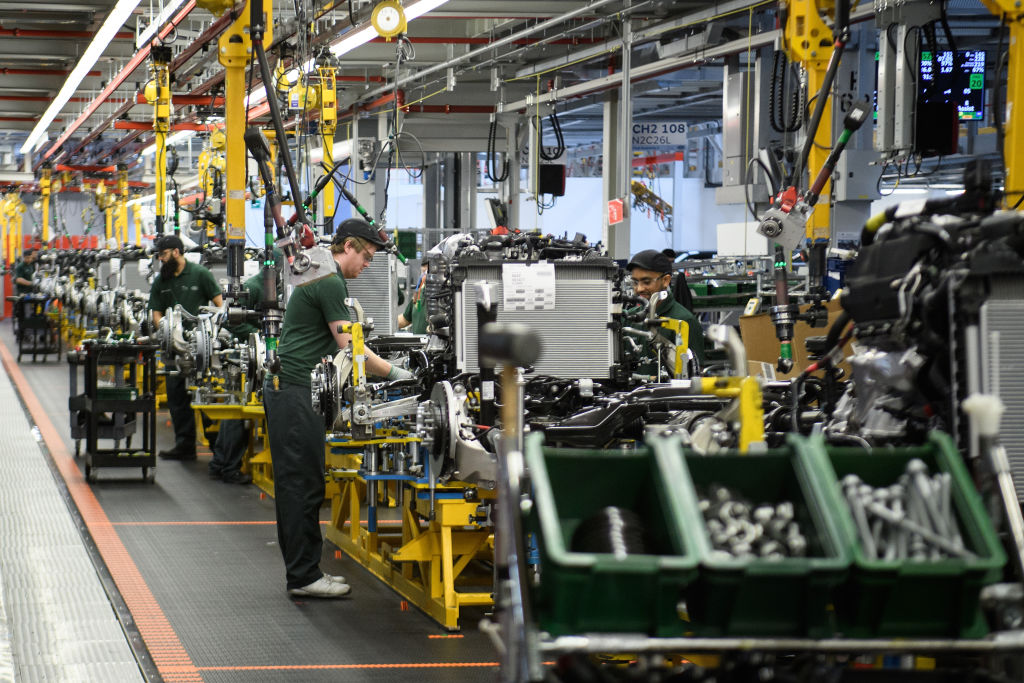Johnson Matthey: Hydrogen unit powers raised outlook but can’t save 600 jobs
Johnson Matthey, which makes catalytic converters and pollution filters for cars, raised its outlook for full-year underlying operating performance on Wednesday as cost-cutting efforts pay off and on strong demand for its energy-focused units. The centuries-old British firm, which traces its roots back to testing the purity of precious metals, has raised prices of products and [...]


Johnson Matthey, which makes catalytic converters and pollution filters for cars, raised its outlook for full-year underlying operating performance on Wednesday as cost-cutting efforts pay off and on strong demand for its energy-focused units.
The centuries-old British firm, which traces its roots back to testing the purity of precious metals, has raised prices of products and cut costs by shutting down manufacturing sites to protect profits and offset the impact of lower precious metal prices and currency swings.
The company will axe 600 support function jobs, it said on Wednesday.
Sales at its catalyst and hydrogen units have flourished as companies rush to decarbonise, CEO Liam Condon said in an interview.
The Hydrogen Technologies unit, which provides components for fuel cells and electrolysers, posted a 61 per cent jump in sales in the first half of the year.
Condon said the company was looking to sell its medical device components and e-bike battery businesses within the next six months, for which there have been a lot of interested parties.
The company expects “at least high-single-digit growth in operating performance at constant precious metal prices and constant currency” for the year, compared with a previous forecast of “at least mid-single-digit” growth.
Shares in the FTSE 250 firm were up more than five per cent by 10.45 am.
Still, the company said it was difficult to predict how precious metal prices would fare for the rest of the financial year, and weak auto production and concerns over a global economic slowdown remained a drag.
“There has been a bit of a recovery in vehicle production this year, and we expect that to increase at a low rate for next year,” Condon said.
Reuters – Eva Mathews


